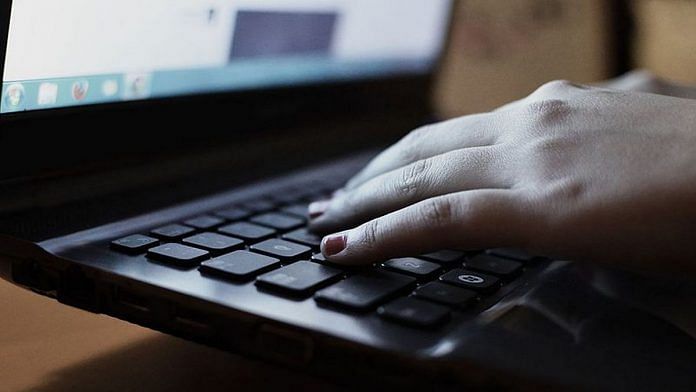New Delhi: With millions of people working from home and using digital technology amid the coronavirus pandemic, the importance of strong passwords cannot be neglected. On World Password Day Thursday, the British Standards Institution (BSI) released a statement on “good practices” and “password hygiene” which can help people protect their data, property and even businesses.
Security researcher Mark Burnet had in 2005 first suggested a day for people to update their passwords. In 2013, Intel Security took this idea forward and declared that the first Thursday of May will be celebrated as the ‘World Password Day’.
With more and more devices getting connected to the internet, cybersecurity threats have been at an all-time high. From bank to cloud accounts storing personal information, everything is digitised and interconnected in today’s world.
Many people also tend to use the same password for multiple accounts for the sake of convenience. But this is dangerous and can give hackers access to personal information. A hacked password can lead to risks of data and financial loss, as well as identity theft.
So how do we make sure that our passwords are strong enough?
What is a strong password
A password should contain a minimum of 10 characters, consisting of uppercase and lowercase letters as well as numbers. Also, a good password is a long password, said BSI in its statement.
One should always refrain from using personal information such as part of an address, a surname, a spouse’s name, a pet’s name, favourite football team, date of birth or the name of the platform the password is being created for. These can be easily accessed.
People should consider using a ‘passphrase’ that will not be forgotten easily and incorporate a mix of characters, the statement further said.
Never use the same password across multiple accounts and add, where possible, multi-factor authentication (MFA) and/or biometrics (e.g. Touch ID, Face ID or Fingerprint Managers).
People should ensure that when accessing an online platform that it is through a secure connection, refrain from auto-saving passwords when prompted.
Do not write down a password on a device or notebook and consider encrypting a password file using an identity provider or using a password manager (e.g. Lastpass, Keepass or 1Password) — where a password can be encrypted and stored either locally or in the cloud.
Using these suggestions, BSI said people can save themselves from online password frauds. So what are you waiting for? Go and check that password again.
Also read: How the world is embracing contact-tracing technology to fight coronavirus



